Up to 13,000 new jobs could be created in the United States by major pharmaceutical producer Eli Lilly, which just announced that it would build four new manufacturing sites inside the U.S. $27 billion in new funding was announced by the company to add to some $23 billion spent over the last several years, creating a total domestic investment of roughly $50 billion. Three of the four new Eli Lilly manufacturing sites will be focused on making active ingredients for the company’s medications, while the fourth site will produce materials for future injectable therapies.
News about increased pharmaceutical industry investment is a big deal; the industry is approaching $1 trillion in size and is expected to grow rapidly over the next decade. Eli Lilly’s growth is linked to increasing popularity of its weight loss drugs, which have seen costs decrease due to intense competition. The firm hopes to gain many new customers by lowering the price for its GLP-1 drugs, which were created to help diabetics but have become renowned more generally for leading to substantial weight loss. The market for GLP-1 drugs alone is expected to surpass $50 billion in five years.
Pharmaceuticals Are One Major Sector of Imported Goods
News of Eli Lilly’s major domestic investment is welcome news to opponents of relying on imports; the United States is the world’s largest importer of pharmaceuticals. Of particular concern to trade hawks would be the fact that the dollar amount of pharmaceuticals imported from China has almost quintupled in recent years. Previously, China exported simple medical goods like bandages, but has now become a high-tech producer and can rival American pharmaceutical and medical supply companies.
Both former U.S. president Joe Biden and current U.S. president Donald Trump have tried to reduce America’s reliance on imported drugs – or at least those considered essential. Some of the drive to ensure “pharmaceutical independence” is maintaining public health during a future pandemic, and both recent presidents considered it a national security risk to have many Americans’ health dependent on imported medication. News of Eli Lilly’s $27 billion domestic expansion, part of reshoring production ahead of potential increases in tariffs, is therefore a bipartisan victory.
More Domestically-Produced Medicines May Lower Health Care Costs
Increased medication production by Eli Lilly will have the economic effect of lowering medication prices. A trend of falling prices for medication is linked to the Inflation Reduction Act of 2022, which reduces the out-of-pocket spending cap on medication for Medicare beneficiaries. The cost of insulin to consumers has also been capped at $35 per month, financially benefiting many suffering from diabetes. Altogether, government regulations are reducing pharmaceutical companies’ ability to charge high prices, forcing them to innovate to reduce production costs and remain profitable.
To further reduce medication costs for Americans, the government could offer grants and subsidized loans to help pharmaceutical companies reshore more production and upgrade existing facilities to be more efficient. This may be justified as a national security expenditure, as maintaining Americans’ health could be the difference between overcoming a crisis quickly and letting it linger due to the poor health of workers.

